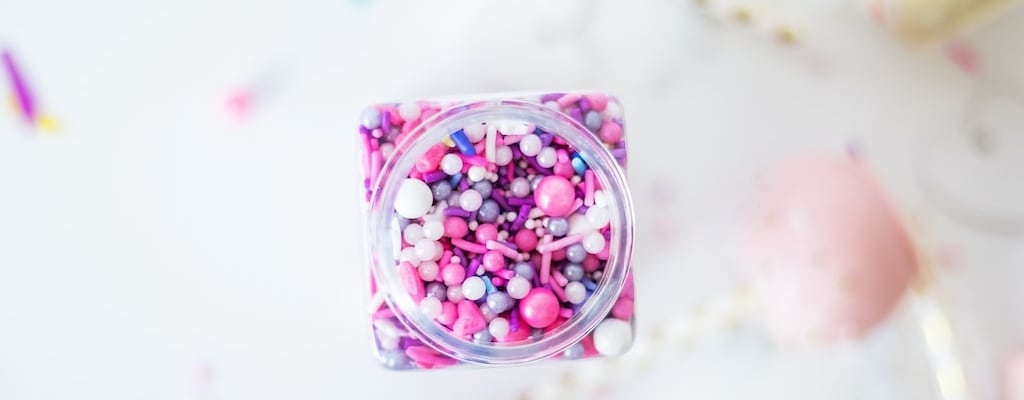once in a blue moon: Idiom Meaning and Origin
What does ‘once in a blue moon’ mean?
"Once in a blue moon" means something that happens very rarely or almost never. The phrase refers to the rare occurrence of a second full moon within a calendar month, which happens once every few years.

Idiom Explorer
The idiom "when two Sundays meet" refers to an event that is unlikely to happen or a rare occurrence due to the infrequency of Sundays meeting. It emphasizes the idea of something being highly improbable or happening once in a blue moon.
The idiom "second Tuesday of the week" indicates a hypothetical or impossible situation, as there is no second Tuesday in a standard week. It highlights something that is unlikely or absurd, often used to emphasize the unlikelihood of an event or action.
An idiom used to describe someone or something that is highly unusual or unique; as rare as a rare animal.
The idiom "over the moon" means to be extremely happy or delighted about something, often to the point of feeling euphoric or elated.
The idiom "outside chance" means a very small probability or possibility of something happening.
The idiom "out of this world" means something is extraordinary or exceptional, beyond what is ordinary or usual.
The idiom "out of the ordinary" means something or someone that is not usual or typical. It refers to a deviation from what is considered normal or expected.
The idiom "out of the blue" means something unexpected or surprising that happens suddenly, without any warning or explanation.
The idiom "out of nowhere" means something unexpectedly or suddenly appearing without any prior indication or warning.
The idiom "once again" means to do something repeatedly or to have a recurring event or situation. It implies that something has happened before and is happening again. It can also indicate a sense of familiarity or predictability.
Elusive Lunar Rarity
The idiom "once in a blue moon" describes an event that occurs very rarely or almost never. It signifies the infrequency or rarity of an occurrence. The phrase has been used since the early 19th century and has become firmly established in idiomatic expressions.
This idiom originated from the phenomenon of a "blue moon," which refers to an additional full moon in a season or calendar month. This happens when there are 13 full moons in a year, instead of the usual 12. The rare occurrence of a blue moon led to the figurative use of the term "once in a blue moon" to emphasize the scarcity or uncommonness of an event.
While it is challenging to pinpoint the exact origin of this idiom, it gained popularity in the United States during the 19th century and gradually spread to other English-speaking countries. It has become ingrained in cultural consciousness and is widely understood and used in various contexts.
The idiom not only describes infrequent events but can also convey the sense of something happening unexpectedly or out of the ordinary. It is often used to emphasize the rarity and specialness of an occasion or to express surprise when an unusual event takes place.
Despite its widespread usage, the meaning and usage of the idiom "once in a blue moon" have remained consistent over time. It consistently represents rare or uncommon occurrences.
The idiom "once in a blue moon" has come to symbolize the scarcity or infrequency of an event in the English language. It originates from the occurrence of a blue moon, which serves as a metaphor for rare occurrences. The idiom is firmly established in popular usage and continues to be a prominent fixture in everyday conversations. Its endurance throughout the years is a testament to its resonance and significance in conveying the concept of rarity. As language evolves, we can anticipate the continued usage and exploration of idiomatic expressions like "once in a blue moon."
The related idiom "blue moon" is used to describe an event that happens very rarely. Similar to "once in a blue moon," it signifies the infrequency or rarity of an occurrence. The phrase "blue moon" is believed to have originated from the same phenomenon of a rare second full moon appearing in a calendar month. This occurrence of an extra full moon gave rise to the figurative use of the term "blue moon" to highlight the scarcity or uncommonness of an event.
The idiom "now and then" is another phrase that shares the concept of occasional or infrequent events with "once in a blue moon." It is used to describe something that happens occasionally or at irregular intervals. The phrase "now and then" conveys the idea of sporadic or intermittent occurrences. Just like "once in a blue moon," "now and then" emphasizes the rare or uncommon nature of an event.
The idioms "blue moon" and "now and then" further contribute to the lexicon of infrequent or sporadic events. They add to the rich tapestry of idiomatic expressions that enhance the English language's ability to effectively convey the concept of rarity and uncommon occurrences.
Example usage
Examples of how the idiom "once in a blue moon" can be used in a sentence:
1. I only go to visit my grandparents once in a blue moon.
2. Sarah rarely goes out to parties, but she decided to go to the concert because it's a once in a blue moon opportunity.
3. We have a team meeting once a month, but our boss only attends once in a blue moon.
More "Frequency" idioms



